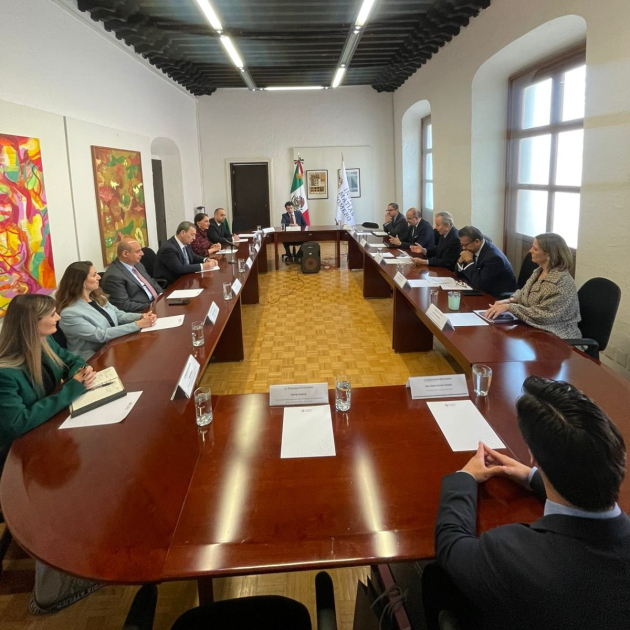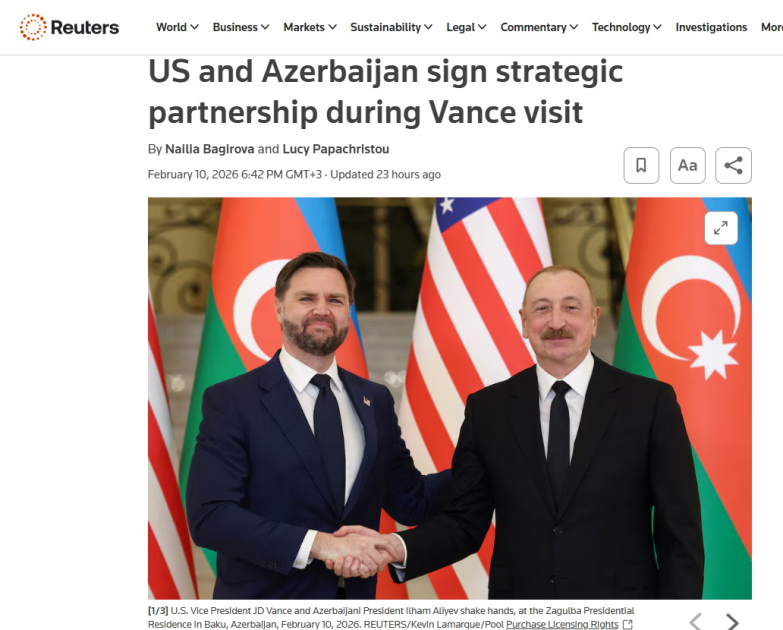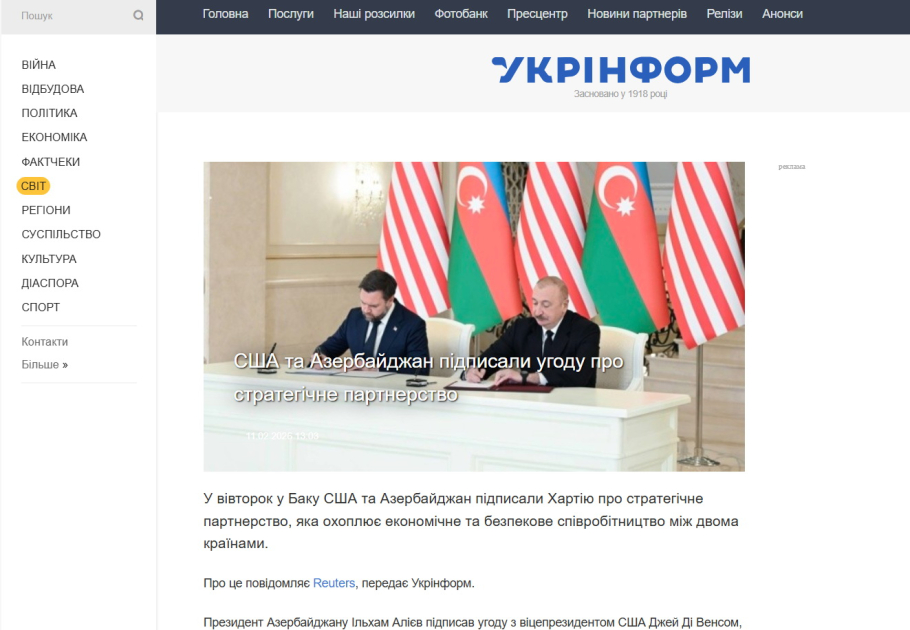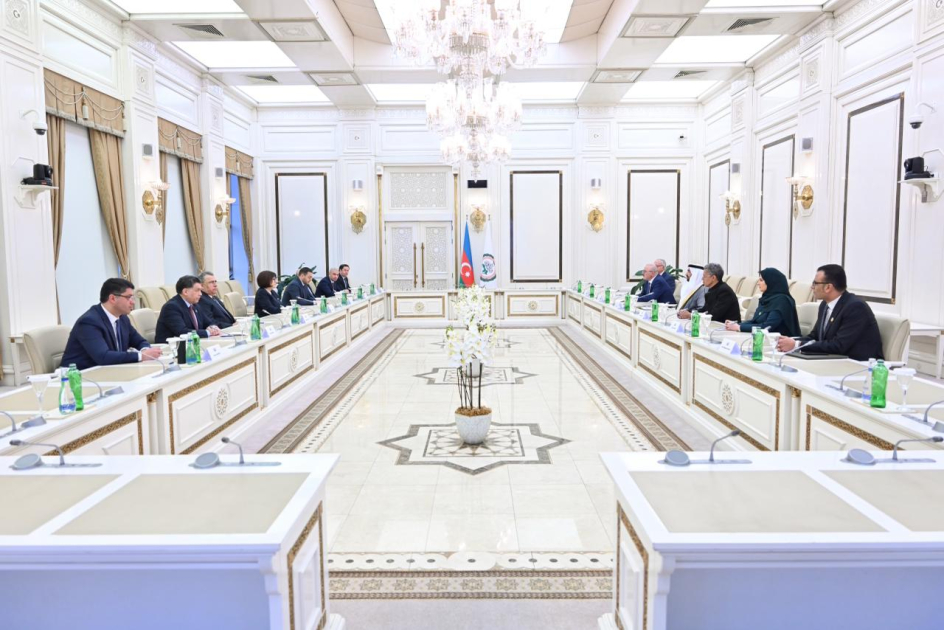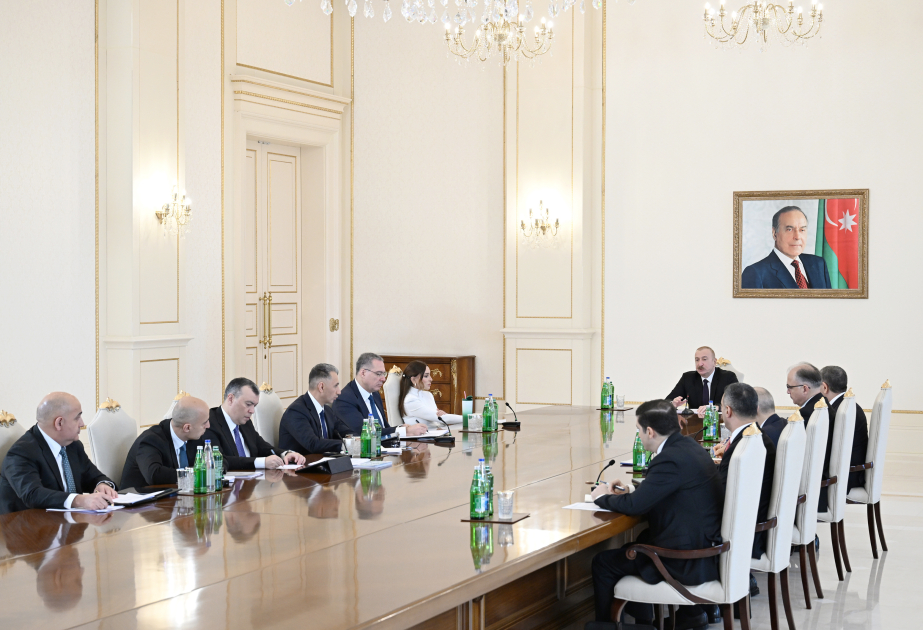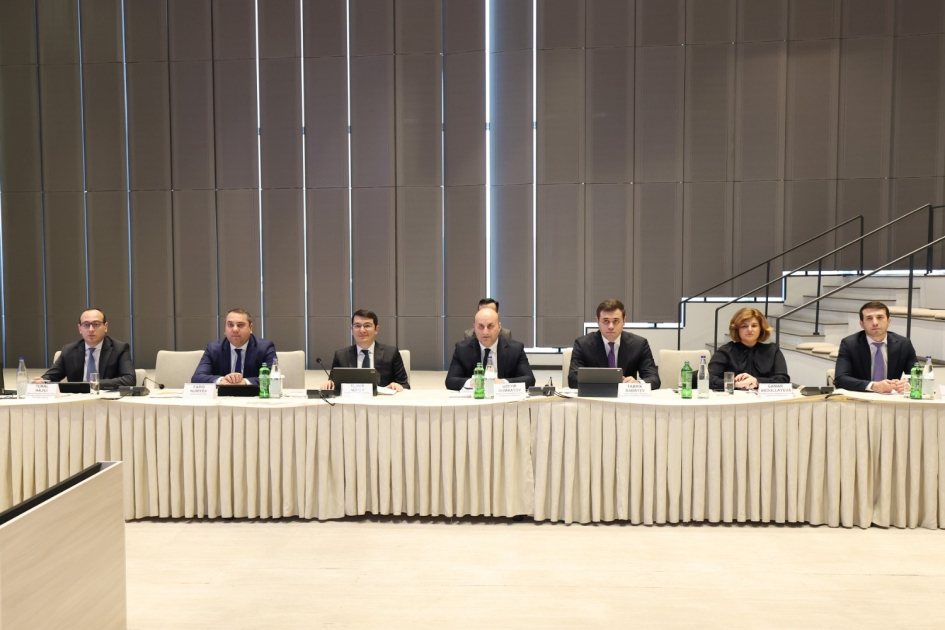The interconnector’s capacity expansion plans to reach 5 bcm/y will be of significant importance to enable accommodating 10 bcm/y of LNG from the terminals Greece and Caspian gas through the Southern Gas Corridor to reach Moldova, Ukraine, Hungary and Slovakia, Report informs citing the company operating IGB-ICGB.
The transmission system operators from the Vertical Gas Corridor (Greece, Bulgaria, Romania, Hungary) welcomed Moldova and Ukraine to the initiative through a signed Memorandum of Understanding (MoU) during Ministerial meeting of the High-Level Group on Central and South Eastern Europe Energy Connectivity (CESEC) held in Athens.
This MoU seals the intensive cooperation developed by gas and LNG transmission system operators from Greece, such as DESFA and Gastrade, Bulgaria (ICGB, Bulgartrangaz), Romania (Transgaz), Hungary (FGSZ) and Slovakia (EUStream) in order to respond in a coordinated manner to the need to strengthen energy security and further diversify sources of supply.
Expanding the coordination under the Vertical Gas Corridor to include the operators of Moldova (Vestmoldtransgaz) and Ukraine (GTSOU) as per ICGB’s initiative allows stronger collaboration on utilizing the existing natural gas infrastructure. This can enable accommodating 10 bcm/y of LNG from the terminals Greece and Caspian gas, quantities from the Southern Gas Corridor via 3rd countries, further boosting the IGB interconnector’s key role in the region.
"The IGB gas pipeline currently operates at 3 bcm/y, but given the region’s dynamics and market’s demand we’re already working on expanding this capacity to reach 5 bcm/y. This will be of immense importance to allow the import of larger quantities of LNG from the south via IGB and through the Trans-Balkan gas pipeline to reach the Moldovan and Ukrainian markets, Hungary, and Slovakia," said ICGB’s Executive Officers Teodora Georgieva and George Satlas.
According to them, with this strategic step the Vertical Gas Corridor becomes a more competitive corridor for European users, strengthening Europe’s energy independence and diversification of supplies.
As next steps, all transmission system operators agree to carry out simultaneously, in July 2024, one year earlier than the foreseen schedule, a binding market test for capacity allocation at their respective interconnection points. Based on the expressed market interest, capacity expansion projects will be implemented to meet the demand along the Vertical Corridor route.


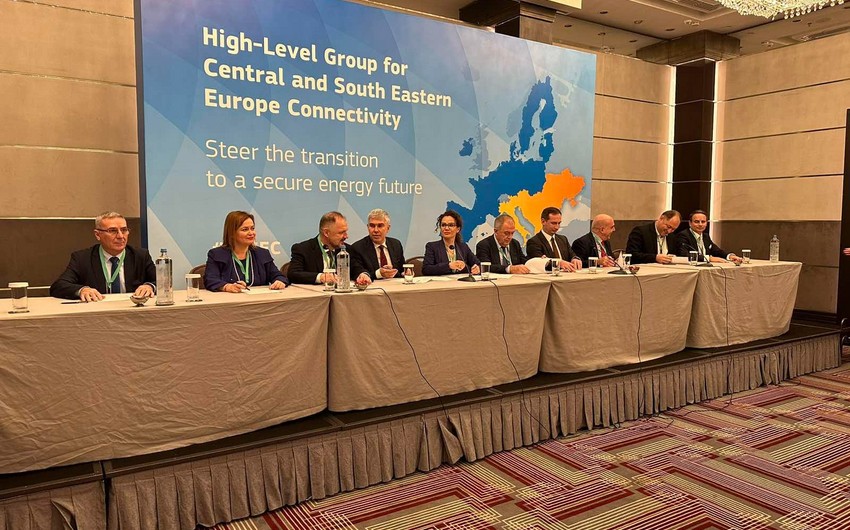

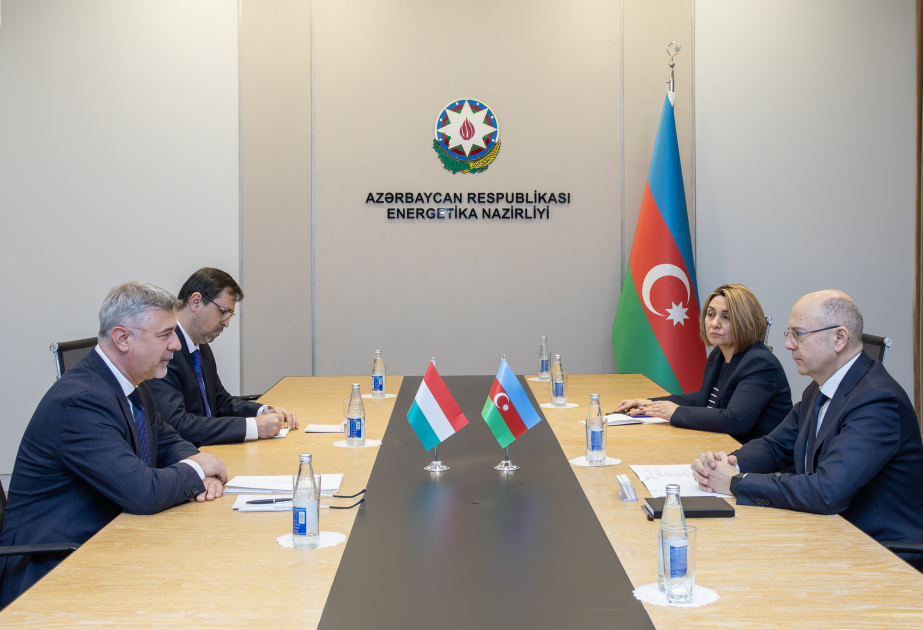
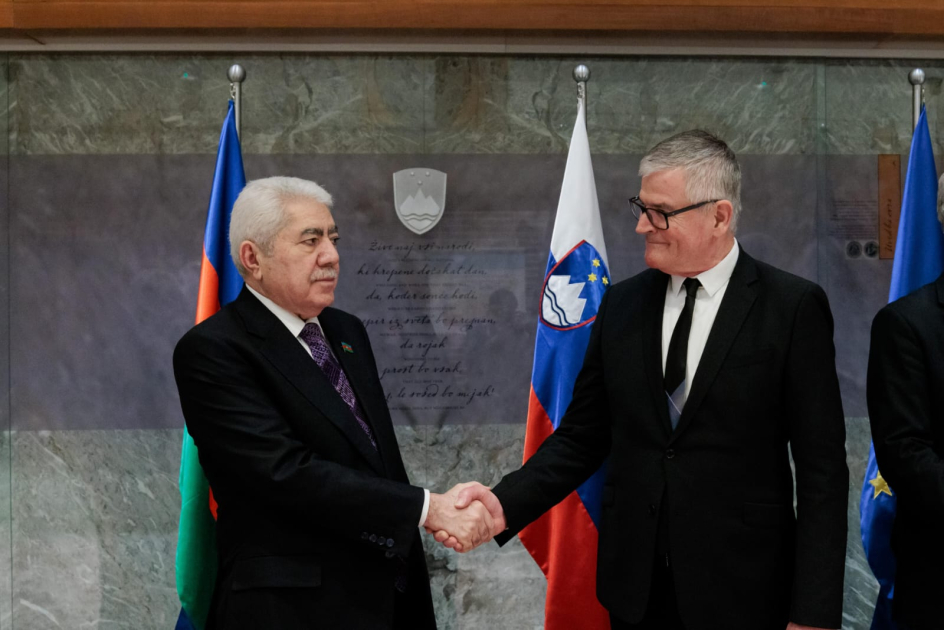
.png)
